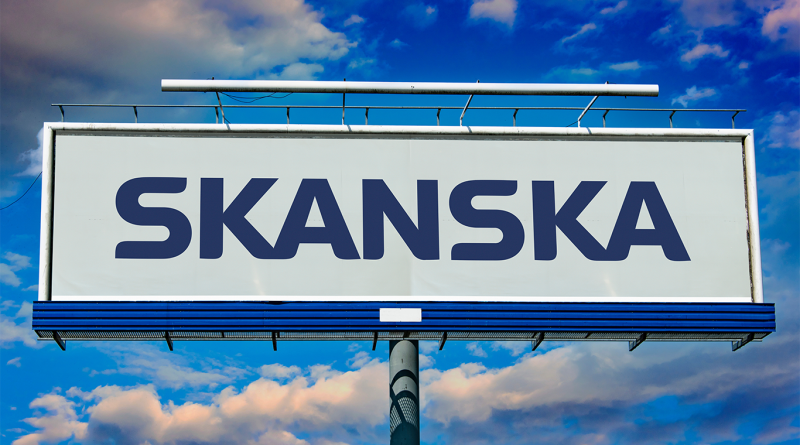How Data Centers are Powering Profit for Skanska Rashleigh Weatherfoil
In the past decade, data centers have emerged as a critical driver of growth in the global construction industry. Fueled by the digital transformation of businesses, the explosion of cloud computing, and the proliferation of Internet of Things (IoT) devices, demand for data centers is skyrocketing. For construction companies like Skanska Rashleigh Weatherfoil, this trend presents a unique opportunity to bolster profitability amid challenging market conditions. Recently, Skanska Rashleigh Weatherfoil reported a notable increase in profits, attributing this success primarily to its strategic pivot toward data center projects.
Skanska Rashleigh Weatherfoil’s Strategic Focus on Data Centers
Skanska Rashleigh Weatherfoil, a subsidiary of the global construction giant Skanska, has recently turned its focus to the rapidly expanding data center sector. This strategic shift has proven lucrative. The company has secured several major contracts to construct state-of-the-art data centers across the UK, contributing significantly to its recent financial success.
The decision to pivot toward data centers was not accidental. As many traditional construction markets slowed due to economic uncertainty, data centers offered a stable and growing demand. “Our focus on data center projects has not only ensured steady revenue but also positioned us at the forefront of a vital and growing market,” says a company spokesperson. By investing in specialized skills and resources needed for these projects, Skanska Rashleigh Weatherfoil has effectively carved out a niche within the highly competitive construction industry.
Financial reports highlight that the company’s profits surged by 15% in the last quarter, a sharp contrast to the stagnant growth seen across much of the sector. This growth is largely credited to the rising number of contracts for data center construction, which have cushioned the company against broader market volatility.
The Broader Impact of Data Centers on the UK Construction Market
The impact of data center construction extends beyond individual companies like Skanska Rashleigh Weatherfoil. Across the UK, data centers are becoming a lifeline for the construction sector, which has faced numerous challenges in recent years. As traditional construction markets—such as retail and office spaces—decline or remain stagnant due to economic headwinds, data centers represent a bright spot of growth.
Data centers require a range of specialized construction skills, from advanced electrical and cooling systems to secure and scalable infrastructure. This specialization has driven up demand for skilled labor and materials, providing employment opportunities and driving economic activity in the construction sector.
The growth of data centers is also influencing urban planning and development strategies across the UK. Local governments and developers are increasingly factoring in the infrastructure needs of data centers, such as proximity to power grids and network connectivity, into their planning processes.
As a result, several construction companies are diversifying their portfolios to include data centers, recognizing the sector’s resilience amid fluctuating economic conditions. However, this surge in demand also brings challenges, including heightened competition and pressure on supply chains for specialized materials.
Opportunities in Data Center Construction
Despite the promising growth in data center construction, the sector is not without its challenges. One of the primary obstacles is the pressure on supply chains. Data centers require specific, often scarce materials, such as advanced cooling systems and high-capacity electrical components, which have been subject to supply chain disruptions. Additionally, the construction of data centers is often energy-intensive and requires meticulous adherence to regulatory standards, especially concerning energy consumption and environmental impact.
Labor shortages also pose a significant challenge. The construction industry is already grappling with a lack of skilled labor, and the specialized nature of data center projects exacerbates this issue. Companies like Skanska Rashleigh Weatherfoil are investing heavily in training and upskilling their workforce to meet the demands of these projects, but the process is both time-consuming and costly.
However, the opportunities in this sector are substantial. As digital transformation accelerates across industries, the demand for data centers is expected to continue growing. This trend presents a lucrative opportunity for construction companies that can develop the necessary expertise and capacity to deliver these complex projects.
Moreover, the increasing emphasis on sustainability in data center design offers additional avenues for growth. Companies that can provide innovative, energy-efficient construction solutions will likely find themselves at a competitive advantage in the coming years.
